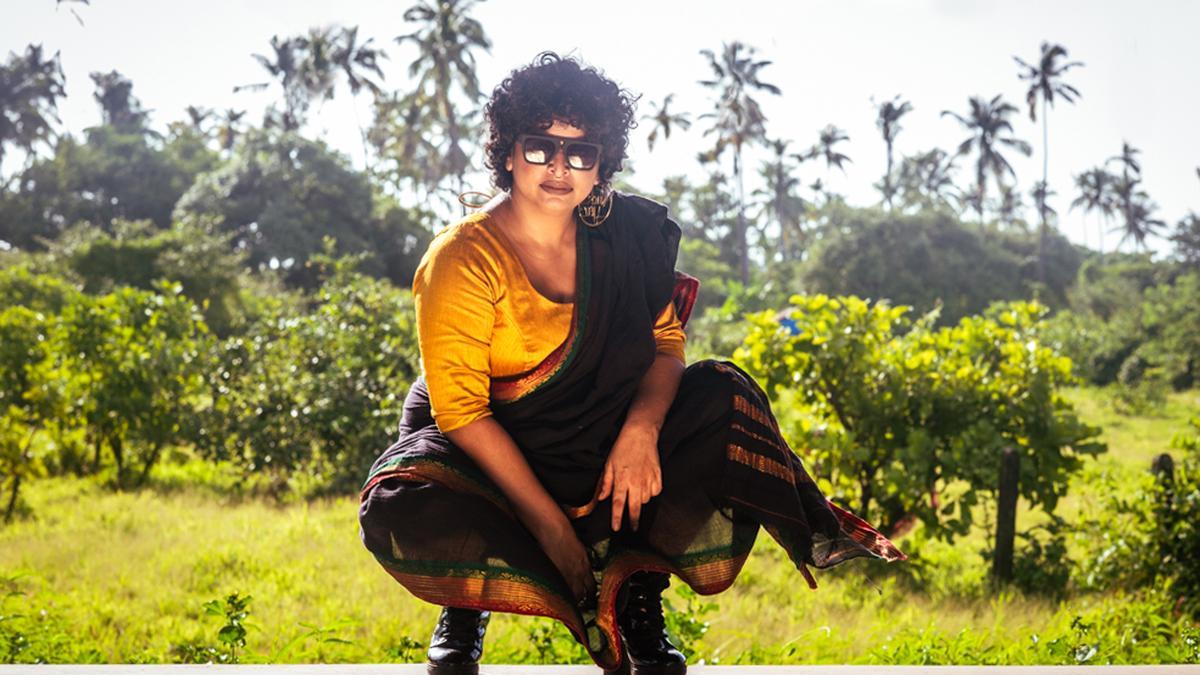
Film enthusiasts in Bengaluru are gearing up for a cinematic extravaganza as the 15th edition of the Bengaluru International Film Festival (BIFFes) kicks off from March 1 to March 7. With an impressive lineup of approximately 180 films from about 50 countries, the event promises to be a cultural melting pot of diverse film narratives, genres, and styles.
One of the standout features of BIFFes this year is the Kannada film ‘Mithya,’ directed by Sumanth Bhat. Following the life of an 11-year-old child bereft of his parents, the film weaves an emotional tale of the protagonist’s search for love and acceptance in an unfamiliar world. The narrative beautifully captures the complexities of a child’s inner struggles amidst the challenge of adapting to new surroundings.
Another compelling entry is ‘Sthal,’ a Marathi film by Jayant Somalkar. ‘Sthal’ takes viewers to Dongargaon, a quintessential small town in Maharashtra’s Vidarbha district. The film critiques the patriarchal mindset entrenched in Indian society, highlighting the conflict faced by Savita, a young girl yearning for an education. Savita’s plight as she navigates the hypocrisies of the arranged marriage system, often facing judgment based on physical appearance, will certainly leave an impact on audiences.
Crossing borders into Japanese cinema, ‘Evil Does Not Exist’ directed by Ryusuke Hamaguchi presents a narrative that grapples with various dichotomies: rural vs. urban, man vs. animal, and nature vs. civilization. The film centers around Takumi and her daughter Hana, their quiet life disrupted by the construction of a camping site intended to give city dwellers a taste of the pastoral. Such recognition comes with a heavy weight, as the film has been honored with the prestigious Golden Lion award at the Venice International Film Festival.
From Italy comes ‘There is Still Tomorrow,’ melding humor and drama in a post-war setting. First-time director, actress Paola Cortellesi, casts a lens on women’s emancipation through the story of Delia, a struggling mother plotting to flee her abusive husband. The film, besides being an insightful period piece about male-dominated Italian society, boasts an astonishing viewership count, surpassing that of Hollywood blockbusters in Italy.
Back to regional cinema, ‘Shivamma’ stands out as a poignant articulation of a woman’s endurance. Director Jaishankar crafts an authentic portrayal of a government school cook turning to multi-level marketing in efforts to sustain her impoverished family. The film’s exploration of ambition and economic strife within rural India resonated internationally, as evidenced by its New Currents Award at the Busan International Film Festival.
Documentary filmmaking also takes center stage at BIFFes. ‘Writing with Fire,’ directed by New Delhi-based filmmakers Rintu Thomas and Sushmit Ghosh, received an Academy Award nomination for Best Documentary Feature. It tells the empowering story of ‘Khabar Lahariya’ (Waves of News), a unique news outlet run by Dalit women in Uttar Pradesh. The film offers a heartening snapshot of these journalists combating patriarchy and unfair societal norms.
‘And, Towards Happy Alleys,’ another documentary, sees Indian director Sreemoyee Singh paying homage to Iranian cinema. Singh’s passion for Iranian film and poetry is palpable as she traverses Iran, engaged in dialogues with multiple filmmakers, including the renowned Jafar Panahi. Over six years in the making, her work brings forth the implications of Iran’s strict censorship laws and the status of women’s rights in the country.
From Bhutan comes the political comedy ‘The Monk and the Gun,’ a reflection of a nation in transition as Bhutan embraces democracy. Set against the backdrop of the country’s first mock elections in 2006, the film contrasts the varied reactions of a monk, an election official, a rural family, and a city official. This cinematic piece became Bhutan’s official entry to the 96th Academy Awards.
Other international standouts include ‘Abbas Kiarostami: Taste of Cherry,’ a minimalist drama that earned the Palme d’Or at Cannes. The narrative provokes contemplation of life’s worth through the actions of a man seeking someone to bury him after his planned suicide. Additionally, ‘Mrinal Sen: Bhuvan Shome’ marks a pivotal moment in Indian cinema, the 1969 film igniting the New Wave with its surreal exploration of loneliness and human connection.
BIFFes 2024 is set to be a film lover’s paradise, showcasing an array of compelling stories from around the globe. Important works such as ‘Paradise,’ ‘Blagas Lessons,’ and ‘The Old Oak’ further broaden the festival’s scope, promising attendees an unforgettable journey through world cinema. As the curtains rise on this international event, cinephiles are sure to find themselves engrossed in a treasure trove of cinematic jewels.










